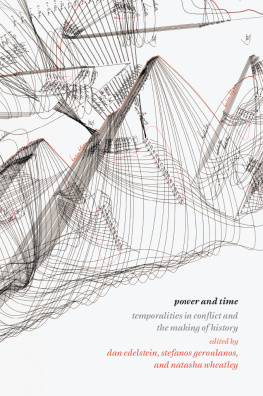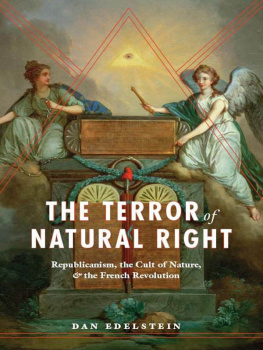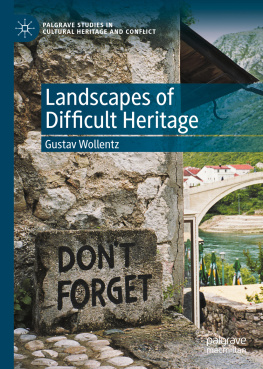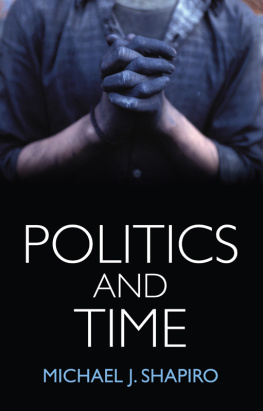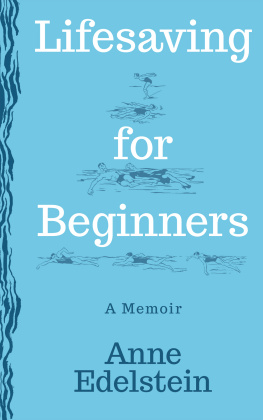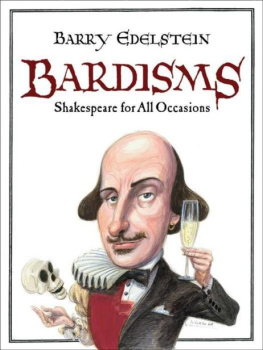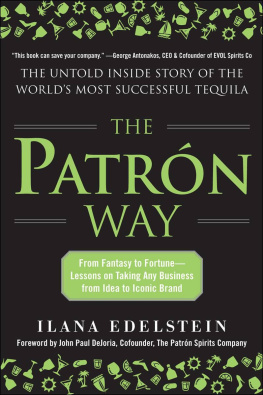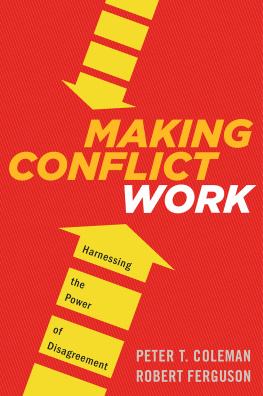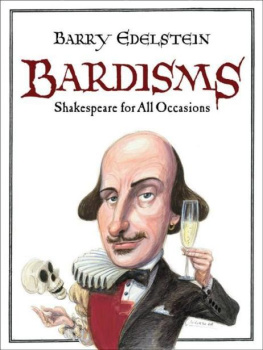Dan Edelstein - Power and Time: Temporalities in Conflict and the Making of History
Here you can read online Dan Edelstein - Power and Time: Temporalities in Conflict and the Making of History full text of the book (entire story) in english for free. Download pdf and epub, get meaning, cover and reviews about this ebook. year: 2020, publisher: University of Chicago Press, genre: Politics. Description of the work, (preface) as well as reviews are available. Best literature library LitArk.com created for fans of good reading and offers a wide selection of genres:
Romance novel
Science fiction
Adventure
Detective
Science
History
Home and family
Prose
Art
Politics
Computer
Non-fiction
Religion
Business
Children
Humor
Choose a favorite category and find really read worthwhile books. Enjoy immersion in the world of imagination, feel the emotions of the characters or learn something new for yourself, make an fascinating discovery.
- Book:Power and Time: Temporalities in Conflict and the Making of History
- Author:
- Publisher:University of Chicago Press
- Genre:
- Year:2020
- Rating:5 / 5
- Favourites:Add to favourites
- Your mark:
- 100
- 1
- 2
- 3
- 4
- 5
Power and Time: Temporalities in Conflict and the Making of History: summary, description and annotation
We offer to read an annotation, description, summary or preface (depends on what the author of the book "Power and Time: Temporalities in Conflict and the Making of History" wrote himself). If you haven't found the necessary information about the book — write in the comments, we will try to find it.
Dan Edelstein: author's other books
Who wrote Power and Time: Temporalities in Conflict and the Making of History? Find out the surname, the name of the author of the book and a list of all author's works by series.
Power and Time: Temporalities in Conflict and the Making of History — read online for free the complete book (whole text) full work
Below is the text of the book, divided by pages. System saving the place of the last page read, allows you to conveniently read the book "Power and Time: Temporalities in Conflict and the Making of History" online for free, without having to search again every time where you left off. Put a bookmark, and you can go to the page where you finished reading at any time.
Font size:
Interval:
Bookmark:
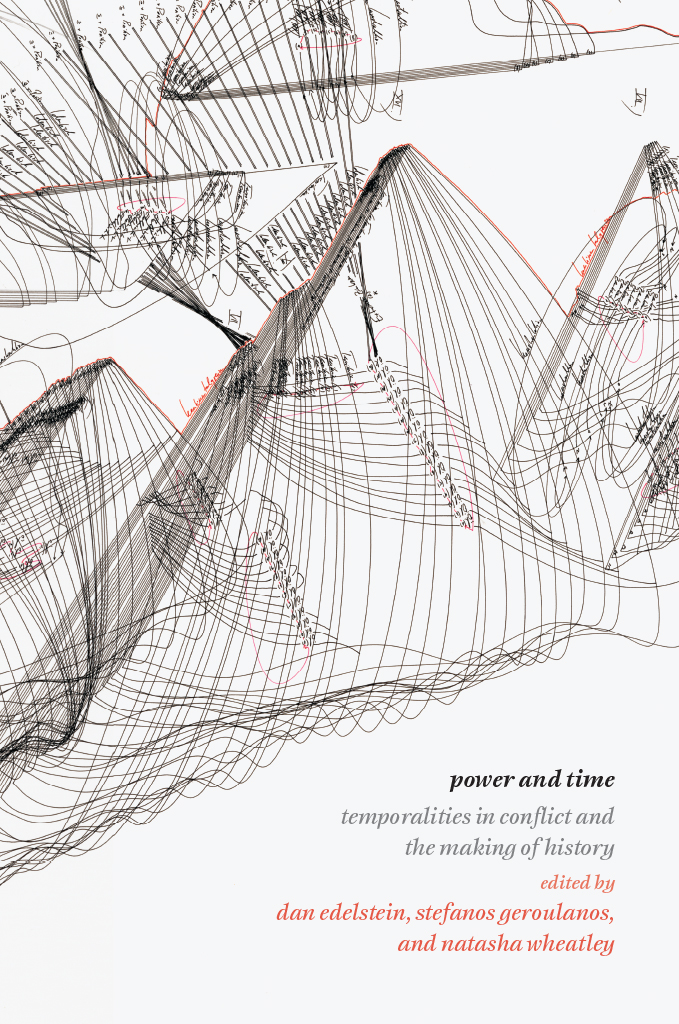
EDITED BY DAN EDELSTEIN, STEFANOS GEROULANOS, AND NATASHA WHEATLEY
The University of Chicago Press
Chicago and London
The University of Chicago Press, Chicago 60637
The University of Chicago Press, Ltd., London
2020 by The University of Chicago
All rights reserved. No part of this book may be used or reproduced in any manner whatsoever without written permission, except in the case of brief quotations in critical articles and reviews. For more information, contact the University of Chicago Press, 1427 E. 60th St., Chicago, IL 60637.
Published 2020
Printed in the United States of America
29 28 27 26 25 24 23 22 21 20 1 2 3 4 5
ISBN -13: 978-0-226-48162-3 (cloth)
ISBN -13: 978-0-226-70601-6 (e-book)
DOI : https://doi.org/10.7208/chicago/9780226706016.001.0001
Library of Congress Cataloging-in-Publication Data
Names: Edelstein, Dan, editor. | Geroulanos, Stefanos, 1979 editor. | Wheatley, Natasha, editor.
Title: Power and time : temporalities in conflict and the making of history / edited by Dan Edelstein, Stefanos Geroulanos, and Natasha Wheatley.
Description: Chicago ; London : The University of Chicago Press, 2020. | Includes bibliographical references and index.
Identifiers: LCCN 2019054895 | ISBN 9780226481623 (cloth) | ISBN 9780226706016 (ebook)
Subjects: LCSH : TimeSocial aspects. | TimeSocial aspectsHistory. | History, Modern19th century. | History, Modernth century. | History, Modern21st century. | Power (Social sciences)
Classification: LCC D210 . P76 2020 | DDC 909.08 dc
LC record available at https://lccn.loc.gov/2019054895
 This paper meets the requirements of ANSI / NISO Z 39.48-1992 (Permanence of Paper).
This paper meets the requirements of ANSI / NISO Z 39.48-1992 (Permanence of Paper).
Dan Edelstein, Stefanos Geroulanos, and Natasha Wheatley
Natasha Wheatley
Marwa Elshakry
Anson Rabinbach
Andrea Westermann
Zvi Ben-Dor Benite
Stefanos Geroulanos
Maria Stavrinaki
Henning Schmidgen
Emma Kowal and Joanna Radin
Claudia Verhoeven
Lauren Benton and Lisa Ford
Jamie Martin
Sunil Purushotham
Dan Edelstein
Kristen Loveland
Kevin M. F. Platt
DAN EDELSTEIN, STEFANOS GEROULANOS, AND NATASHA WHEATLEY
Redeeming time when men least think I will.
PRINCE HAL , in Henry IV, Part I, 1.2.207
In the summer of 1971, a committee of experts met at the headquarters of the UN Educational, Scientific, and Cultural Organization in Paris and produced a global typology of time. The group comprised the French priest and philosopher of Islam Louis Gardet, the Rwandan poet and ethnohistorian Alexis Kagame, the Spanish-Indian theologian Raimon Panikkar, the German-Jewish-Canadian art historian Raymond Klibansky, and a handful of others. Their brief was ambiguous: to develop a new UNESCO initiative under the rubric Time and History. A report on the three-day meeting recounted that the participants volunteered rapid, on the spotbut extremely livelydescriptions of African, Hindu, Chinese, Greek, Hebrew, Christian, and Islamic worlds of thought, setting the concepts of time and history in their context. Together they prepared a working document that presented the projects rationale. Their text reveals the temporal anxieties that accompanied the hardening demands of global interconnections:
Today, when time is filled with significant action and history gathers speed so rapidly that man is left behind, even though it is he who accelerates it, there is indeed an urgent need to analyse the basic conceptions of time and history prevalent in different cultures.... We are concerned not so much with a comparative analysis as with the effect on a diversified typology of what is becoming increasingly a whole and all-embracing history, sweeping on and ineluctably synchronizing different periods of time as they are variously experienced.
Their urgent need lay both in the global variety of time and in its mutation under the influence of this now all-embracing history. UNESCOs projects, which typically contrasted unity with diversity, had often tied cultural difference to problems of time. For example, the 1950 Statement of Experts on Questions of Race took on racism in part by targeting an overreliance on evolutionary approaches to progress. But time now had grown from a background theme into something that required its own experts, committees, and lists. It became the (self-)conscious work of an international institution.
The skeletal typology developed at the 1971 gathering found fuller elaboration when a second committee of experts met the following year. Under the banner Time and the Philosophies, those assembled produced a dense taxonomy of time, a project map that might tame the wild profusion of existing things.
UNESCOs time project represents a remarkable moment in the international intellectual history of temporality. This global taxonomy of time, and the methodological quagmires it tripped into, allows us to observe UNESCO striving to define its universalismtrying, that is, to ground a nonhierarchical universalism suitable for the new global era of cross-cultural understanding it hoped to usher into being. The project resulted in a series of promptly forgotten publications involving a no-less-complex international cast of hermeneuticians, monks, scientists, politicians, and anthropologists: Cultures and Time (1976), Time and the Philosophies (1977), Time and the Sciences (1979).
A new sort of global living-together required more than surface cultural exchangeit required a mutual comprehension on a deeper level, a dialogue across the incommunicability of the cultures involved. This was a universalism of dialogue through, or alongside, difference.
Overdetermined as its answers were, UNESCO tried something quite startling through its questions: to address the extraordinary plurality, cohabitation, and incommensurability of experiences and conceptions of time. New international orders had come into being, binding tales of time through increasingly complex systems of governance and the convergence of new political, social, and aesthetic tensions. UNESCOs project represents one of those moments in which historical actors themselves were highly conscious that new political formations required new temporal foundations.
*
This book is about such foundations of time, both in the sense of the founding of temporal regimes and in that of the structures underlying such regimes. It takes up the history of time and the times of history in their intellectual, scientific, political, and global dimensions. It homes in on a pervasive problematic of which the UNESCO project was a symptomnamely, the co-constitution of temporal and political orders. Political reorganization, we contend, can be understood as temporal reorganization.
Capitalizing on the thirst for rigorous work on time and temporalities, our broad purpose in this volume is to bring direction to the field through the analytical pairing of power and time. Power always calls into being its own temporal explanations and calculations, its own fictions, prophesies, and preferred histories, relying on particular ways of dredging the past. In exploring this often conflictual relationship, we aim to bring a new generation of theoretically informed questions about time into the heart of modern European and international history, to relocate questions of temporality from the esoteric margins to the center of modern historiography.
Next pageFont size:
Interval:
Bookmark:
Similar books «Power and Time: Temporalities in Conflict and the Making of History»
Look at similar books to Power and Time: Temporalities in Conflict and the Making of History. We have selected literature similar in name and meaning in the hope of providing readers with more options to find new, interesting, not yet read works.
Discussion, reviews of the book Power and Time: Temporalities in Conflict and the Making of History and just readers' own opinions. Leave your comments, write what you think about the work, its meaning or the main characters. Specify what exactly you liked and what you didn't like, and why you think so.

